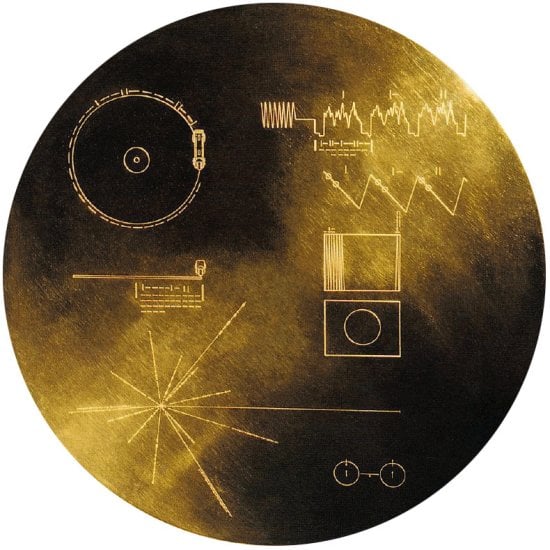This past semester at the University of Wyoming, students have been figuring out what humans, if they ever had the chance, should say to an extraterrestrial civilization. Professor Jeff Lockwood's Interstellar Message Composition class is a creative writing class using the premise of interstellar communication to spur student's imaginations about the current human condition, as well as the future. Funded in part by the NASA's Wyoming Space Grant Consortium, the students compiled five questions they deemed as most important to ask another species. But this isn't the first time communication with an alien species has been used to inspire students to think beyond themselves and their individual small worlds.
With a small group of people from the Minneapolis/St. Paul, MN area, I worked on a project from 1988-1994 called the World Timecapsule which prompted students to think about what they would convey to a distant civilization about humanity -- the good, the bad, the wondrous, the beautiful and not-so-beautiful things about our world, our lives, and our history -- in correlation to particular subjects they were studying in school. The World Timecapsule gathered submissions from over 5,000 students in five states before becoming part of SpaceArc, another similar educational program that ultimately launched student and public submissions on board a geosynchronous satellite in 1994. SpaceArc will orbit our planet for generations, where a passing alien ship might find it, or perhaps Earthlings could retrieve the satellite sometime in the future if we ever need to remember who we were back in the 1990's.
Humans have always dreamed about communicating with extraterrestrials. This dream has prompted us to send radio signals out to space, to listen for those type of signals that another civilization might be sending, and to launch spacecraft to the outer reaches of the solar system along with information about ourselves â€" from music to personal greetings to images and representations of ourselves.
While the chances of talking with or actually meeting up with another species is considered infinitesimal, we still dream about it and hope that one day it will be possible.
The students in Wyoming came up with five questions for an interplanetary visitor:
If you have fear, what do you fear? What is the ultimate purpose of your species' life? How can we extend the longevity of our civilization? What makes you and your kind happy? What should we know?
Not only did students compile these questions, but they had to answer them as well.
Professor Lockwood said in a Christian Science Monitor article that even the idea of communication with another civilization kept his class engaged, and even if his students' work is never heard or understood by the intended recipients, they still learned something about the fundamental difficulties of interpersonal communication.
So, how would you answer the five questions posed by the students? And, revisiting my work with the World Timecapsule, here's a chance for you to share what you would say to another civilization if you had the chance. Post your sincere sentiments below.
Original News Source: Christian Science Monitor
 Universe Today
Universe Today
